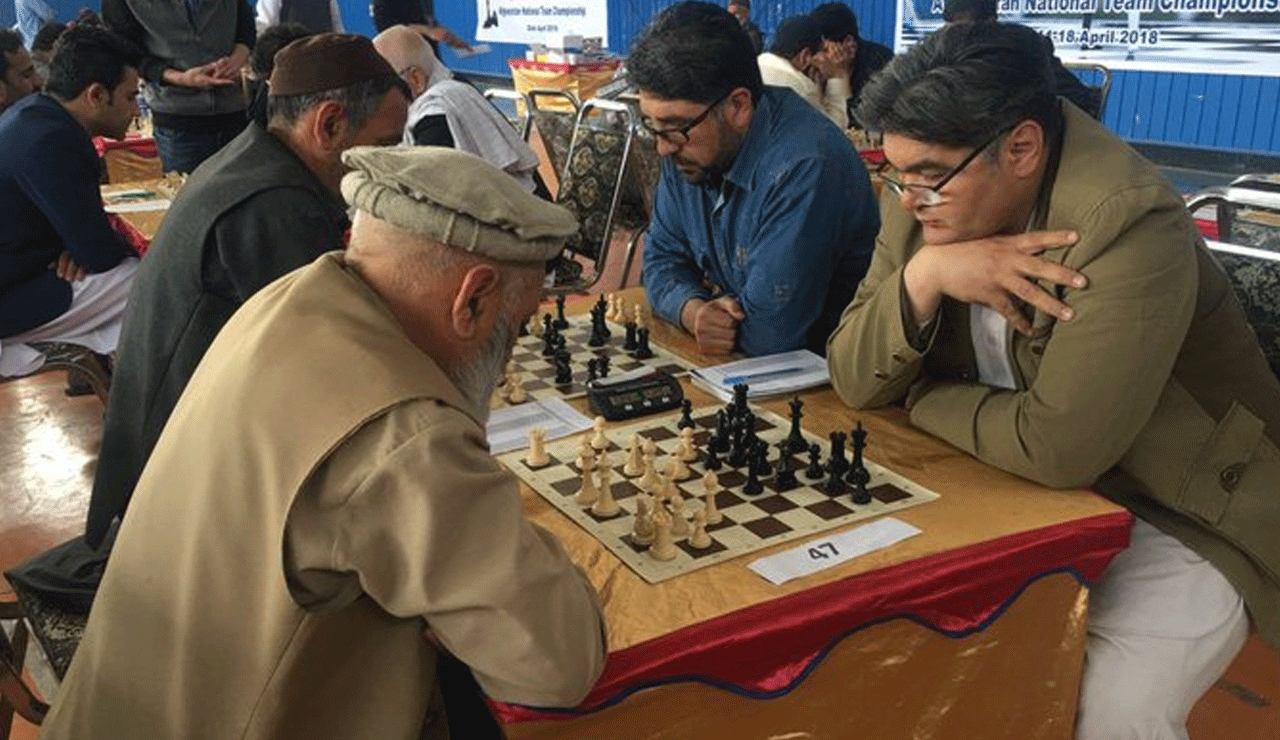Afghanistan: Taliban Suspends Chess, Claims It Violates Islamic Law
The Taliban government has announced a ban on chess in Afghanistan, citing concerns that the game may violate Sharia law. This move further restricts recreational and sporting activities in the country, as the regime continues to enforce stringent measures on entertainment and social life.

The Taliban government has announced a ban on chess in Afghanistan, citing concerns that the game may violate Sharia law. This move further restricts recreational and sporting activities in the country, as the regime continues to enforce stringent measures on entertainment and social life.
Table of Contents
The Ban and Its Implications
On May 11, 2025, the Ministry of Promotion of Virtue and Prevention of Vice of the Taliban issued an order suspending all chess-related activities indefinitely. The decision was made after officials concluded that chess might not align with their interpretation of Islamic law. According to Taliban spokesperson Atal Mashwani, chess is considered “haram” (forbidden) due to its association with gambling, a practice the Taliban views as incompatible with Islamic teachings.
The order also led to the dissolution of the Afghanistan Chess Federation, further signaling the Taliban’s ongoing crackdown on recreational activities. Mashwani stated, “There are religious considerations regarding the sport of chess,” and emphasized that the ban would remain in effect until the matter was fully resolved within the framework of Sharia law.
The Taliban’s Growing Restrictions on Sports and Entertainment
This ban is the latest in a series of actions that the Taliban has taken to suppress various forms of entertainment and sports. The regime had previously banned free fighting events like mixed martial arts (MMA), citing concerns over violence and its compatibility with Islamic values.
Also Read: Operation Sindoor Earns Support from Muslim Leader: ‘Proud Moment for India’
Since the Taliban regained control of Afghanistan in 2021, they have imposed strict regulations on many aspects of life, particularly regarding cultural and social freedoms. One of the most significant restrictions has been the prohibition on women participating in sports, which has drawn international criticism.
Impact on the Afghan Public and Global Response
The Taliban’s increasing clampdown on personal freedoms has sparked widespread condemnation from the international community. While the official stance from the Taliban is rooted in their interpretation of religious law, many argue that these measures further isolate Afghanistan from the rest of the world and hinder its social development.
In the case of the chess ban, enthusiasts and supporters of the game within Afghanistan have expressed disappointment, as chess has long been a popular pastime in the country. This decision marks another step in the Taliban’s efforts to curtail cultural diversity and restrict individual freedoms.
The suspension of chess in Afghanistan is yet another step in the Taliban’s effort to control the cultural and social landscape of the country. As Afghanistan continues to grapple with these restrictions, questions about the future of entertainment, sports, and women’s rights remain at the forefront of international discussions.
